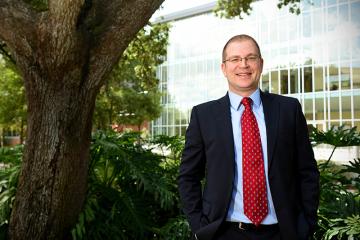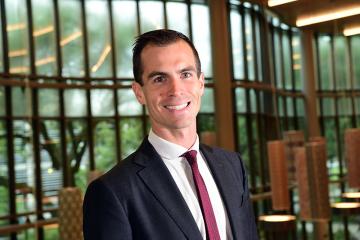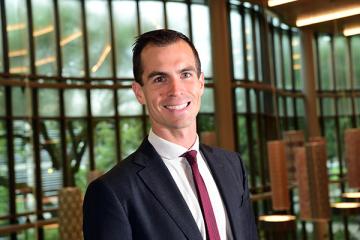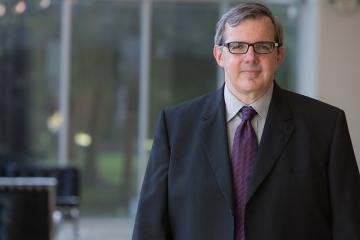Freeman re-launches PhD program
One of the top priorities identified in the Freeman School’s 2013 strategic plan was the need to investigate the potential revitalization of the school’s dormant PhD programs. This summer, Freeman takes a big step toward realizing that goal by re-launching a PhD program in finance and financial accounting with the first major update to the program since Hurricane Katrina.
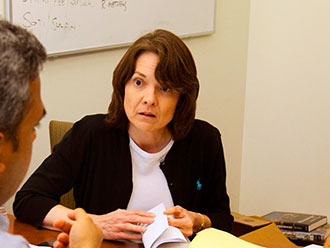
“It’s very exciting,” says Sheri Tice, A. B. Freeman Chair of Finance, who led the faculty committee charged with developing the new curriculum. “The PhD program enhances research, it keeps the faculty focused on what’s current, and it gets our name out there.”
“The Freeman School has enjoyed an outstanding reputation in finance for nearly 50 years,” adds Freeman School Dean Ira Solomon. “With the curriculum and student-support package that the faculty and school have put together for this program, I feel confident that our reputation for excellence will continue to grow.”
Prior to Hurricane Katrina, the Freeman School’s PhD program differentiated itself by educating PhD candidates to conduct empirical research in both finance and financial accounting. Graduates of the program emerged with a unique skill set that enabled them to join either accounting or finance departments, giving them greater flexibility in a fast-changing job market. Many went on to earn tenure at leading business schools, including the University of Minnesota, the University of Rochester, Southern Methodist University and the University of Illinois at Urbana-Champaign.
In the wake of the storm and the university’s subsequent restructuring, the Freeman School was forced to downsize the program and eliminate the financial accounting component. Since 2011, no new students have been admitted to the program.
Recently, however, the situation has changed. With the Freeman School’s faculty recruiting initiative growing the size of the tenure-system accounting faculty and with Tulane’s economics department once again offering doctoral-level courses, the time became right to revisit the PhD program.
“We started from scratch,” Tice says. “We didn’t really look at what we had done prior to Katrina. We thought, ‘What do we have to do to do a good job today?’”
“We wanted, number one, to create a high-quality program that would make an impact on the field and produce high-quality graduates,” adds Ted Fee, Morton A. Aldrich Professor of Business and finance area coordinator.
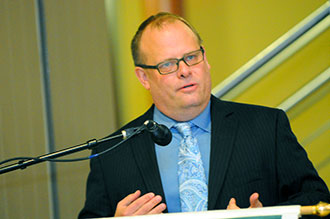
Fee says he and his colleagues quickly recognized the importance of leveraging the faculty’s expertise in empirical research as well as the pre-Katrina program’s unique mix of finance and financial accounting.
“That combination of finance and financial accounting is very rare,” says Fee. “We’re one of the few places that are doing it, so I think that together with the empirical focus really builds on our strengths.”
After collecting extensive benchmarking data from peer and aspirant programs, the faculty recommended substantial increases to stipends and fellowships to help attract the best candidates. They also changed the way students complete the program. PhD students are now required to complete an econometrics comprehensive exam instead of a microeconomics exam, and they’re also required to teach more classes and serve as teaching assistants and research assistants.
“It’s becoming more and more important that PhD students demonstrate that they’re good teachers to get a job,” Tice says. “We’re trying to set them up for success, and we think you need to do these things in order to be successful.”
And producing successful PhD graduates, Fee says, will benefit Freeman for years to come.
“Having a high-profile PhD program is something that is noticed within the academic community, so it helps to enhance our reputation, and it’s also something that can help professors at other schools recommend Tulane to their students who are applying to master’s programs,” Fee says. “So for a number of reasons, I think this program will be a huge asset to the Freeman School.”
For more information about the finance PhD program, visit freemanphd.tulane.edu.

